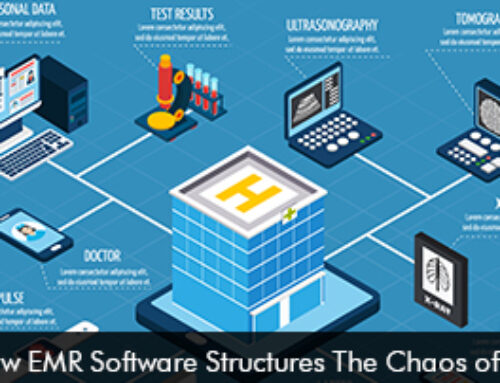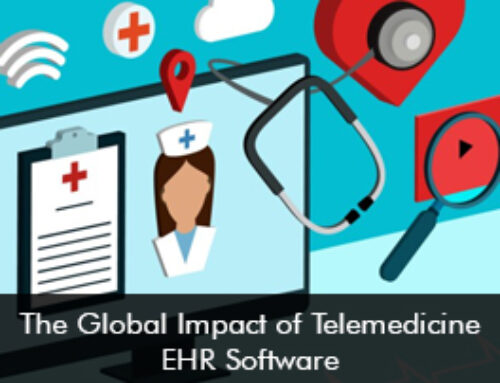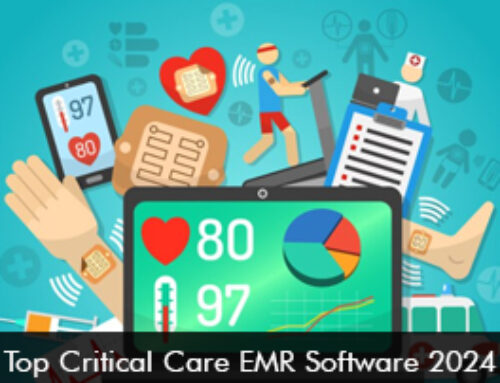Healthcare providers depend on accurate medical billing to maximize the reimbursements for the services they offer. Errors in billing can result in denied claims and can even increase the time of receiving payments. This impacts the financial health of a practice negatively and strains resources furthermore.
Why is accurate medical billing important?
Medical billing accuracy is crucial for several reasons:
- Builds patient trust
- Helps with legal and regulatory compliance
- Prevents under and overcharging
- Reimbursement maximization
- Leads to operational efficiency
- Results in financial stability
Common Issues with ICD-10 and CPT Codes
Medical diagnoses, procedures, and services are categorized and documented using the ICD-10 and CPT codes, which are standardized systems used in the healthcare sector. They are essential for processing insurance claims, handling medical bills, and maintaining medical records. Therefore, ICD-10 and CPT Codes (maintained by the American Medical Association) are crucial in billing.
Let’s look into the most common errors for each:
ICD-10 Errors
- The code is not updated per the current edition.
- Codes are not correctly sequenced.
- Too many codes are assigned to a specific visit that only addresses one chronic condition.
- Codes that are shortened but may not be legitimate.
- Using insufficient codes.
- When related numbers and letters are confused.
CPT Errors
- Selecting the wrong CPT code.
- Unbundling can lead to overbilling and claim denials.
- Upcoding and downcoding.
- Modifier misuse.
- Incomplete documentation can be a roadblock to assigning the correct and appropriate CPT code.
- A mismatch between diagnosis and procedure results in claims denial.
Best Practices for Accurate and Faster Reimbursements
Healthcare Organizations should stay Abreast of the latest Coding Modifications
Every year there are updates and changes related to ICD and CPT codes. These may include any revisions, additions, and omissions. It makes sense that coders and providers have complete information about any coding updates.
Automation with Software Technology
Healthcare organizations are now implementing Revenue Cycle Manage (RCM) and Billing Services EMR Software to automate and streamline complex billing tasks. The robust software being used must catch any billing errors.
Auditing the Process
It is advised to frequently evaluate your coding procedures using information regarding denials and the most common errors from your data.
Outsourcing or In-house Billing
Healthcare organizations need to understand that they need a combination of manual efforts and technology to enhance billing accuracy. Practices have mainly two options, outsourcing, and in-house billing.
When billing is outsourced the expert coders make use of RCM Software to identify the correct ICD codes. These experienced billers validate and verify financial processes to maximize reimbursements and eliminate the chances of any errors.
In-house billing is when practices implement Practice Management (PM) Software. The robust software helps staff members to stay updated on any coding changes.







